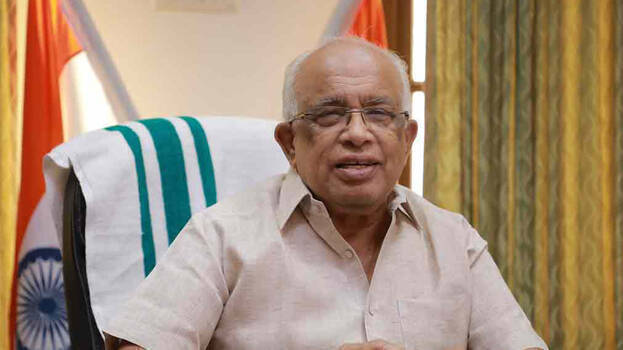

THIRUVANANTHAPURAM: Minister K Krishnankutty hinted that there will be an increase in electricity rates soon. The Minister added that there will be no huge increase in the wake of the High Court's verdict. He informed that KSEB has recommended an increase of 0.14 per cent. A hike of 6.19 per cent in 2023-24 and 4.5 per cent and 2.36 per cent in subsequent years respectively.
The High Court had put a stop to the KSEB practice of hefting the pension liability charge from people along with the electricity rates. With this court intervention, a relief of 17 paise per unit is guaranteed to the people. The landmark judgment was on a petition filed by the High Tension and Extra High Tension Consumers Association.
When KSEB was incorporated on November 1, 2013, the Master Trust was formed to provide pensions to the existing employees. The High Court has now cancelled Clause 34 (4) of the Tariff Regulation, 2022, which allowed the amount paid to this trust to be included in the cost of electricity production and gave authority to determine the tariff rates. Justice Murali Purushothaman came with the vital judgment.
It was Preman Dinaraj, the then Chairman of the Regulatory Commission, who imposed the pension liability on the consumers. Preman Dinaraj is currently the Chairman of Kerala Power Finance Corporation. Including a pension liability of 17 paise, a total of 40 paise per unit was levied from the consumers till now. KSEB intended to include pension liability charges along with the tariff rates till 2037, but this particular move came under the lens and was finally taken down by the High Court on Thursday.
The total amount paid to the master trust and the interest amount that was added to the tariff rates was decided without consulting the consumers. This was pointed out specifically by the high court and was termed illegal. According to the court, this provision was included in the final regulation without complying with the Electricity Act, 2003 and the Electricity Rules.
It was also suggested that regulatory commission procedures should be followed while incorporating a provision which is not in the draft. The High Court did not interfere with the demand of the petitioners that the tariff should be calculated based on voltage.